Who are we?
EDUConferences offers events and conferences for A Level students in order to help inspire students and encourage them to consider studying Psychology at a higher level. We offer thought-provoking talks to take back to the classroom.
Why attend our events
EduConferences offers the opportunity to hear world leading academics present and talk in their area of research, along with the opportunity to ask questions during the event.
Each event will have a group of speakers to cover research in their specialised fields and show students the importance of Psychology as an area of study.
EduConferences aims to inspire students to help them consider studying Psychology at a higher level, offering thought-provoking talks to take back to the classroom.
To book or reserve your place at one of our conferences, complete the form to the right of this page or on the event page for the event you’d like to attend.
Meet Our Speakers
Learn more about some of the speakers who will be attending our conferences this year. Click on the image of a speaker to learn more about them and when and where you can see them speaking.
Andrew Newton
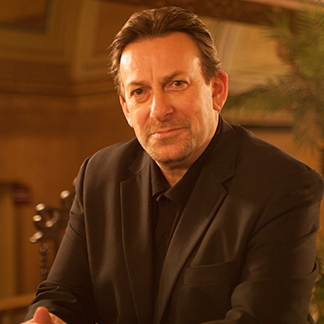
Andrew Newton: Hypnosis – is it real?
Andrew is one of the world’s leading authorities on hypnosis, addressing audiences in the UK, America, Australia, New Zealand, South Africa, Norway, Sweden, India. He is a member of the Royal Society of Medicine and Senior trainer in Hypnosis at Europe’s leading Hypnotherapy training school in Oslo, Norway.
For many people hypnosis is viewed as anything but scientific. However, the job of science is to provide evidence-based explanations for observable phenomena.
The lecture will include a demonstration of hypnosis, during which you can observe what happens and ask questions afterwards to apply science to what you have observed.
To watch Andrew Newton in person or online, click here for more details about this event
Cara Flanagan
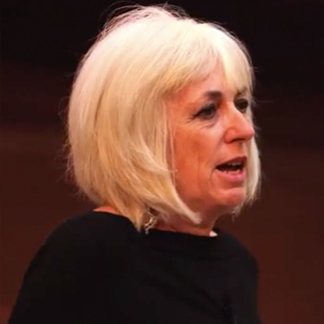
Cara Flanagan: Science – what’s the point?
Cara is known for her numerous Psychology textbooks – at last count well over 50 of them for the different exam boards and also specialist texts on research methods. She taught for 20 years (maths, computing and psychology) and was a senior examiner for AQA Psychology A level.
Science is at the core of psychology – the scientific study of behaviour. It is also at the core of your A level exams. You could actually gain a mark in A level Psychology on just research methods content alone. So it makes sense to learn to love research methods and to love the process of science – that’s what this conference is all about.
To see Cara in person or online, you can attend any of the following events: Science and Psychology and PSYCHApplied.
Prof. Chris French

Prof. Chris French: The psychology of belief in conspiracies
This talk will present an overview of the psychology of belief in conspiracies. Unfounded conspiracies can have serious and damaging consequences for society. Why are conspiracy theories so popular? Why are some people more susceptible to conspiratorial thinking than others? Psychology can provide some answers.
Chris French is Emeritus Professor of Psychology at Goldsmiths, University of London. His main current area of research is the psychology of paranormal beliefs and anomalous experiences. He frequently appears on radio and television casting a sceptical eye over paranormal claims.
To watch Prof. Chris French in person or online, click here for more details about this event
Dr Lucie Clements
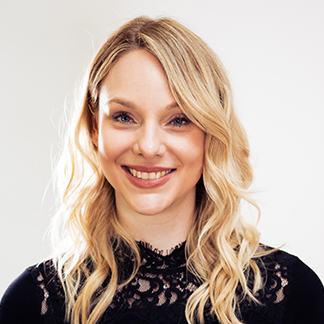
Dr Lucie Clements: Dancing – Science and performance
Lucie’s first passion was ballet and she trained to be a professional dancer. She did a degree and further studies in psychology and now lectures in psychology and dance science. As a psychologist she teaches dancers around the world about the role of science in performance.
Dancing – Science and performance
Do you think arts and sciences require different thinking? Many students feel they have to choose between pursuing creative subjects and scientific subjects, but did you know that the same psychological skills and thinking are used in both?
We will try some live experiments, where you can learn how psychologists use dance to understand the mind and behaviour.
To watch Dr Lucie Clements in person or online, click here for more details about this event
Dr Lucy Johnstone
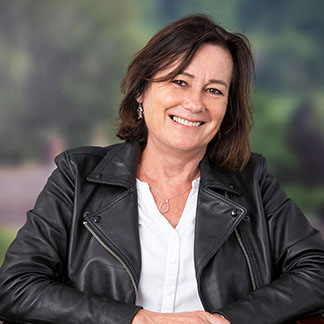
Dr Lucy Johnstone: Alternatives to psychiatric diagnosis: critiques and new practices
Dr Lucy Johnstone is a consultant clinical psychologist, author of ‘Users and abusers of psychiatry’ (3rd edition Routledge 2021) and ‘A Straight-Talking guide to psychiatric diagnosis’ (PCCS Books, 2nd edition 2022); co-editor of ‘Formulation in psychology and psychotherapy: making sense of people’s problems’ (Routledge, 2nd edition 2013); and co-author of ‘A straight talking introduction to the Power Threat Meaning Framework’, 2020, PCCS Books) along with a number of other chapters and articles taking a critical perspective on mental health theory and practice. She is the former Programme Director of the Bristol Clinical Psychology Doctorate in the UK and has worked in Adult Mental Health settings for many years, most recently in a service in South Wales. Lucy was lead author, along with Professor Mary Boyle, for the ‘Power Threat Meaning Framework’ (2018), a British Psychological Society publication co-produced with service users, which outlines a conceptual alternative to psychiatric diagnosis and has attracted national and international attention. Lucy is an experienced conference speaker and lecturer, and currently works as an independent trainer. She lives in Bristol, UK.
Alternatives to psychiatric diagnosis: critiques and new practices
Lucy will describe the dramatic changes on the horizon in the field of mental health, as diagnostic categories are increasingly admitted to be unscientific and often damaging. Many professionals and service users agree with high profile reports from the United Nations and the World Health Organisation which are calling for a radical shift away from the medical model. Instead, we are urged to acknowledge the central role of social determinants such as abuse, discrimination, poverty and inequality in leading to distress of all kinds. This is sometimes summarised in the slogan ‘Instead of asking what’s wrong with me, ask what’s happened to me.’ Lucy will outline these challenging but important issues and their implications.
To watch Dr Lucie Clements in person or online, click here for more details about this event
Dr. Mark Griffiths
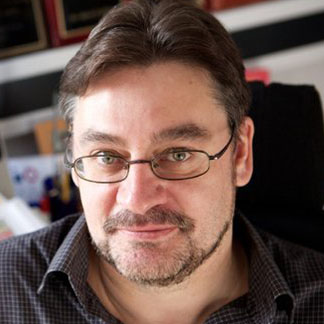
Dr. Mark Griffiths: Slots of fun: The psychology of behavioural addiction
Dr. Mark Griffiths is Distinguished Professor of Behavioural Addiction at the Nottingham Trent University. He has spent over 37 in the field and has published over 1550 peer-reviewed research papers, six books, over 200 book chapters, and over 1500 other articles. He has won 26 national and international awards for his work.
Slots of fun: The psychology of behavioural addiction
For many people the concept of addiction involves taking of drugs. However, there is a growing movement that views a number of behaviours as potentially addictive including gambling, sex, exercise, videogame playing and internet use. In this talk Dr Griffiths will argue that all addictions consist of a number of distinct common components. Addictions are a part of a biopsychosocial process and evidence is growing that excessive behaviours of all types do seem to have many commonalities.
To watch Dr Mark Griffiths in person or online, click here for more details about this event
Mike Cardwell
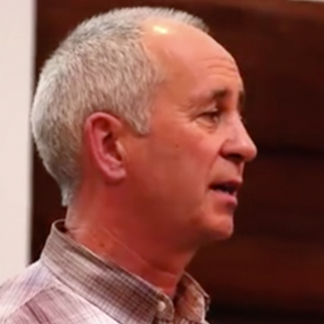
Mike Cardwell: Bad Science
Mike has recently retired as a Senior Lecturer at Bath Spa University, where he specialised in social psychology with a special interest in peace and conflict. He is a prolific author of Psychology textbooks and a former Chief Examiner for AQA Psychology A level.
The challenges and benefits of socially sensitive research Research is not considered ‘socially sensitive’ just because of the topics under investigation, but because of the likelihood that a study might generate a threat to the people being studied or the researchers themselves. Being aware of these threats and knowing how to deal with them creates opportunities to study behaviours that would otherwise be ignored, or groups that would otherwise be marginalised. In this talk Mike look at the nature of socially sensitive research illustrated by topics such as domestic violence, prostitution and bereavement
To watch Mike Cardwell in person or online, click here for more details about this event
Oliver Meech
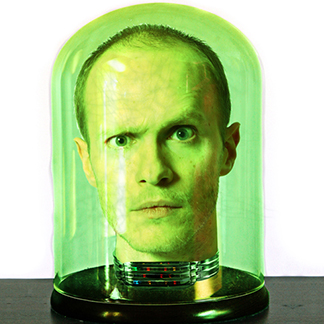
Oliver Meech: Magic – it’s all about psychology
Oliver is a magician, speaker and writer. He has lectured at the Magic Circle, the world’s most prestigious magic society, and studied Psychology at Oxford University. Now he combines magic and psychology in critically-acclaimed shows, talks and books
Magic – it’s all about psychology
The secret to magic is that it’s not about fooling the eyes, it’s about bamboozling the brain. Every trick is a real-world psychology experiment, offering surprising insights into the way we think and act. With enthusiasm, humour and interactive elements, Oliver takes you on a jaw-dropping, eye-opening tour of our amazing brains.
To watch Oliver Meech in person or online, click here for more details about this event
Dr Phil Banyard
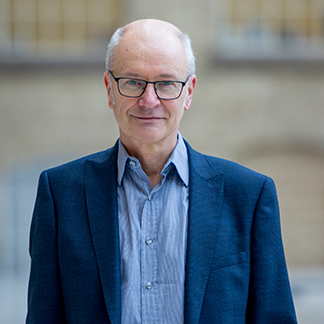
Dr Phil Banyard: Who am I?
Phil is Professor Emeritus of Psychology at Nottingham Trent University. He has written over 20 books, most recently Controversy and Psychology and Essential Research Methods in Psychology. He was Chief Examiner for Psychology GCSE and A Level for twenty years and has marked more exam scripts than he has brain cells left.
Who am I?
It is perhaps the biggest question for all of us. Who am I and how did I come to be like this? Am I just a pile of genes, or am I a biological computer or have I been created by my life experiences? This talk will look at some of the approaches that psychologists take to try and answer this question.
To watch Dr Phil Banyard in person or online, click here for more details about this event
Prof Richard Wiseman
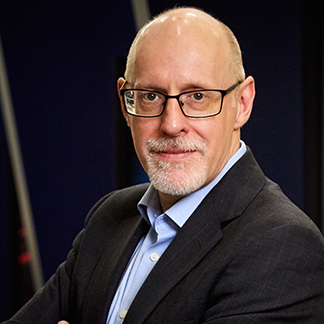
Prof Richard Wiseman: That’s Impossible!
Professor Richard Wiseman has published over 100 academic papers examining the psychology of magic, illusion, luck and self-development. He has written several popular psychology books (including The Luck Factor and 59 Seconds) that have been published around the world and created psychology-based YouTube videos that have attracted over 800 million views.
A Member of the Inner Magic Circle, Richard has been described as one of the world’s most creative psychologists and in 2023 he was given the Royal Society’s prestigious David Attenborough Award for his research and public engagement activities.
That’s Impossible!
Join Prof Wiseman as he explores the seemingly impossible. Experience some of the world’s greatest optical illusions, discover the psychology that magicians use to make objects vanish into thin air, uncover the truth about paranormal phenomena and find out how you can achieve more than you might imagine. A fun and informative journey into a world where nothing is quite as it seems. (Short version: A look at optical illusions, magic and paranormal phenomena. And find out how you can achieve more than you might imagine.)
To watch Prof Richard Wiseman in person or online, click here for more details about this event.
Travelling to an EduConferences event
Science and Psychology
To find out information about getting to our event at Emmanuel Centre, London please click here.
PSYCHApplied
To find out more information about getting to our event at Emmanuel, London please click here.
For information about getting to our event at St Georges, Bristol please click here.
